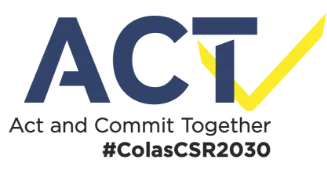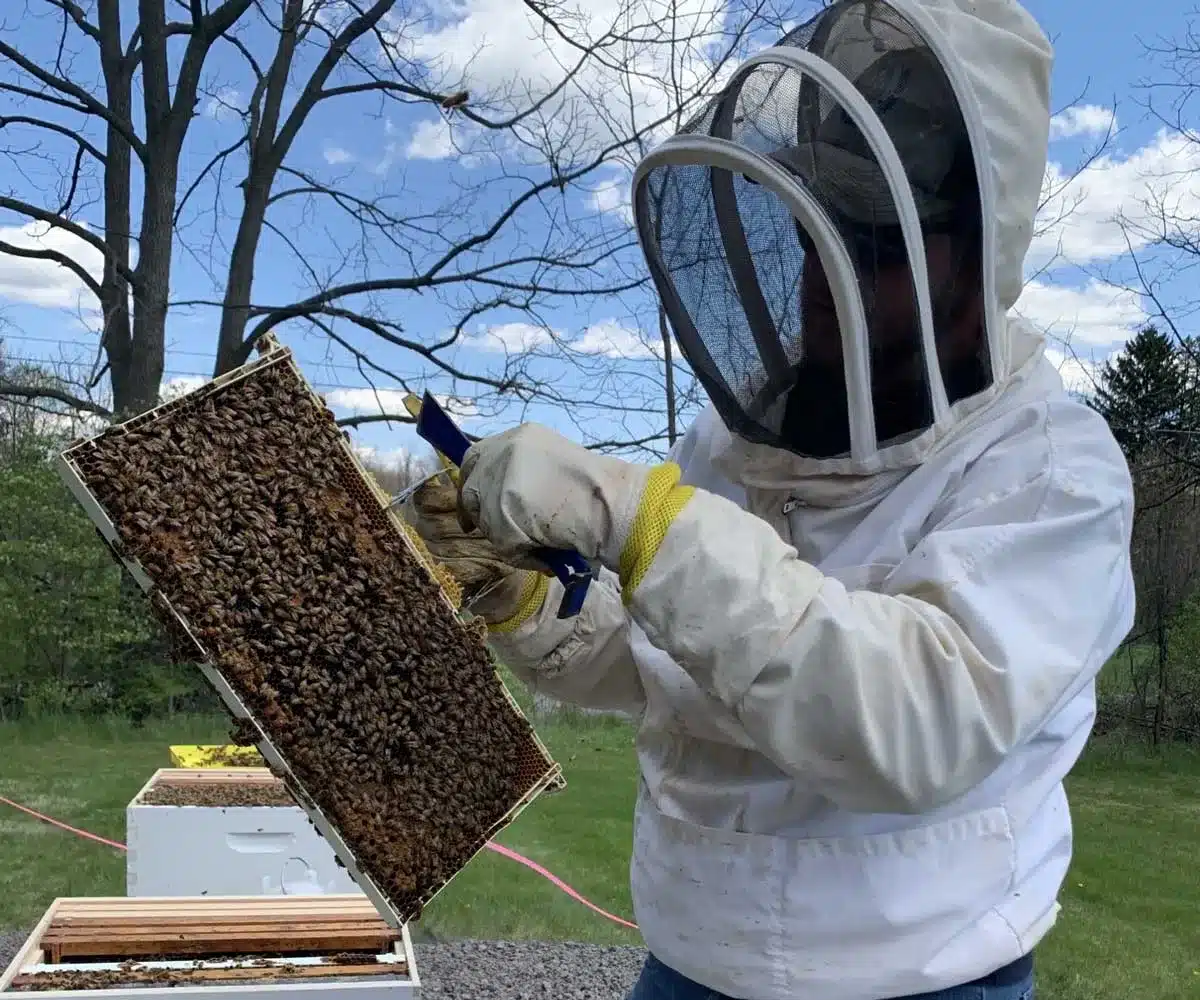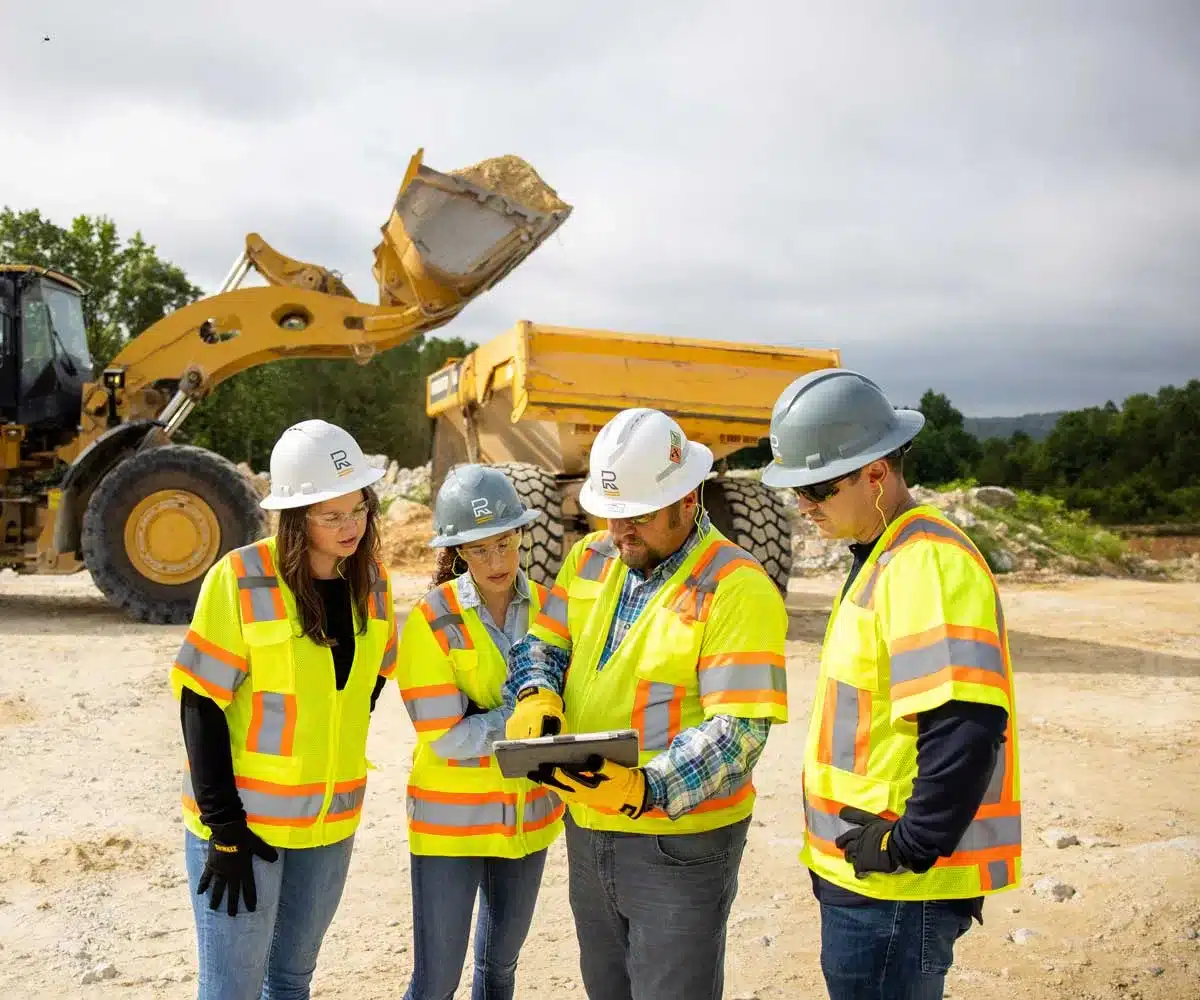Offer our customers and users solutions that meet the challenges of sustainable development in local communities
Roll out a low carbon and biodiversity strategy to preserve the planet
Promote circular economy solutions to preserve natural resources
Reduce the impact of our activities to bolster acceptability

Attract, develop and retain talent through managerial excellence
A health and safety culture shared by all
Build a responsible supply chain rooted in sustainable performance
Shape an exemplary culture of ethics and compliance

Commitment 1:
To offer our customers and users solutions that meet the challenges of sustainable development of territories
Environmental, climatic and societal challenges, as well as changes in usage, bring both constraints and opportunities for Colas. Thus, the Group develops offers and services related to the challenges of sustainable development. Its ambition is to imagine and propose the responsible infrastructures of tomorrow (safe, sustainable, accessible, shared, connected), at the service of users, and for the opening up and economic and social development of territories.
Commitment 2:
Implement a low-carbon and biodiversity strategy to contribute to the respect of the planet
Faced with the climate emergency, in 2020 Colas embarked on a strategic review that led it to announce an ambitious target to reduce its emissions by 30%, compatible with the Paris Agreement. In December 2020, Colas built a low-carbon roadmap based on five axes.
Through its activities, Colas has strong interactions with biodiversity. The Group is also committed to a biodiversity strategy aimed at developing and promoting ecological niches, as well as preserving emblematic species
Commitment 3:
Commitment 4:
Commitment 5:
Attracting, developing and retaining talent through
managerial excellence
One of the challenges of Colas’ corporate social responsibility is to attract and recruit the talent of tomorrow.
To do this, the Group offers working conditions that ensure health, safety and well-being, while promoting diversity, inclusion and the development of everyone’s employability and career.


